Exploring the Potential of Decentralized Prediction Markets: A Comprehensive Guide
In recent years, decentralized prediction markets have emerged as a fascinating application of blockchain technology, offering a decentralized platform for forecasting future events. These markets enable participants to buy and sell shares in the outcomes of future events, ranging from sports matches and elections to the price of cryptocurrencies and the occurrence of natural disasters. In this blog post, we'll take a deep dive into the realm of decentralized prediction markets. We'll investigate their inner workings, advantages, hurdles, and possible uses.
Understanding Decentralized Prediction Markets:
At their core, decentralized prediction markets operate on blockchain networks, leveraging smart contracts to automate the creation, trading, and settlement of prediction shares. Participants can buy shares in the outcome of an event using cryptocurrency, with the share price fluctuating based on market demand and the perceived likelihood of the event occurring.
Mechanics of Decentralized Prediction Markets:
Decentralized prediction markets typically function as follows:
Event Creation: Any user can create a new prediction market for a specific event by defining the event's outcome options and expiration date.
Trading: Participants can buy and sell shares in the predicted outcomes of the event, influencing share prices based on their beliefs and available information.
Outcome Determination: Once the event occurs, an oracle or decentralized consensus mechanism determines the outcome, triggering the settlement of shares based on the actual result.
Settlement: Shareholders receive payouts proportional to their holdings in the winning outcome, while shares in losing outcomes become worthless.
Benefits of Decentralized Prediction Markets:
Decentralized prediction markets offer several compelling advantages:
Transparency: Transactions and market data are recorded on a public blockchain, ensuring transparency and immutability.
Liquidity: Participants can easily buy and sell prediction shares, ensuring liquidity and efficient price discovery.
Decentralization: By operating on blockchain networks, prediction markets are decentralized and resistant to censorship or manipulation.
Incentivization: Market participants are incentivized to provide accurate predictions, as their profits depend on the correctness of their forecasts.
Challenges and Considerations:
Despite the promise they hold, decentralized prediction markets encounter various obstacles:
Regulatory Uncertainty: Regulatory bodies may impose restrictions on prediction markets, particularly regarding gambling laws and financial regulations.
Oracle Reliability: The accuracy and reliability of oracles or consensus mechanisms for determining event outcomes are crucial for the integrity of prediction markets.
Adoption and User Experience: Improving user interfaces and attracting a diverse range of participants are essential for the widespread adoption of decentralized prediction markets.
Potential Applications:
Decentralized prediction markets have diverse applications across various industries:
Financial Markets: Predicting stock prices, market trends, and cryptocurrency fluctuations.
Governance and Elections: Forecasting election outcomes and policy decisions.
Sports and Entertainment: Betting on sports events, award ceremonies, and entertainment industry milestones.
Climate and Natural Disasters: Predicting weather patterns, disaster occurrences, and environmental trends.
Conclusion:
Decentralized prediction markets represent a promising intersection of blockchain technology and predictive analytics, offering transparent, efficient, and decentralized platforms for forecasting future events. While facing challenges related to regulation, oracle reliability, and user adoption, the potential applications of decentralized prediction markets are vast, spanning finance, governance, entertainment, and beyond. As blockchain technology continues to evolve, decentralized prediction markets are poised to play an increasingly significant role in shaping the future of forecasting and decision-making.


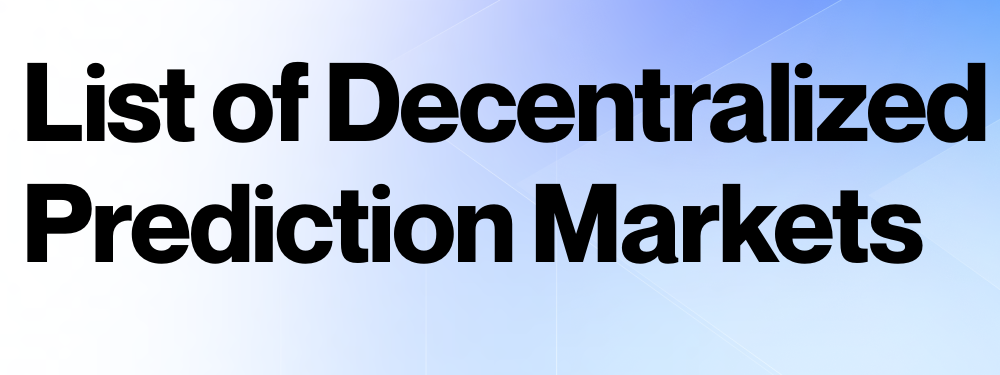
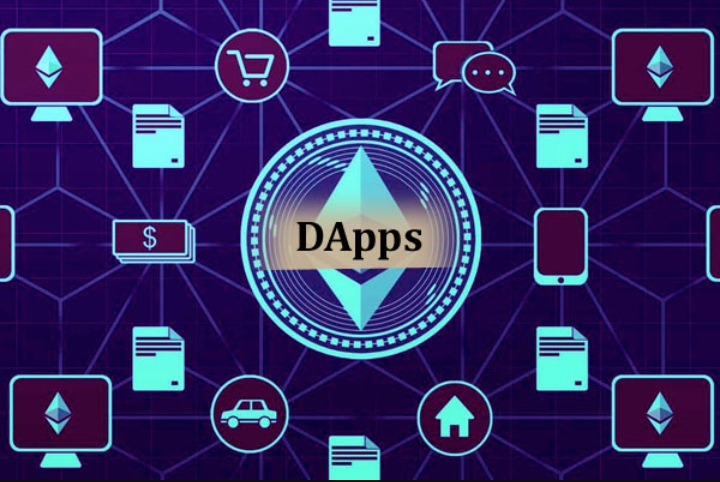
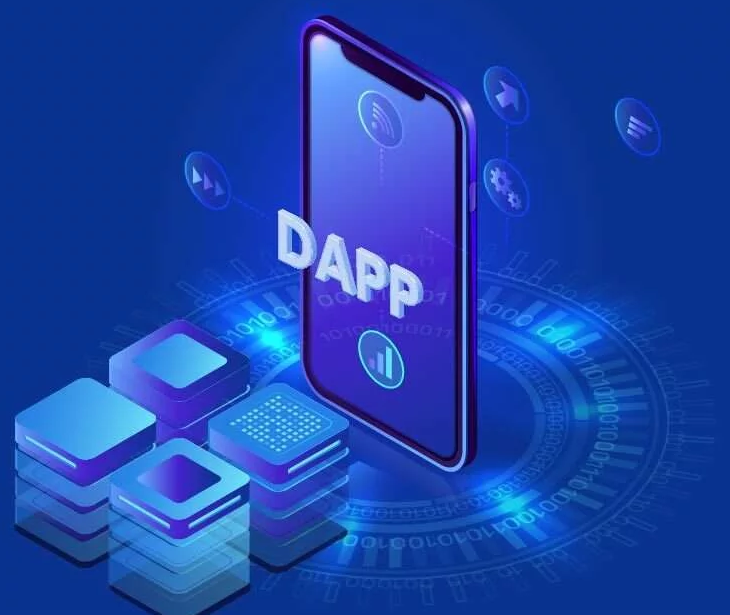
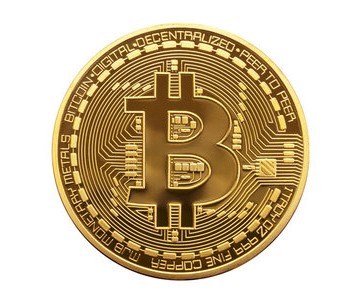
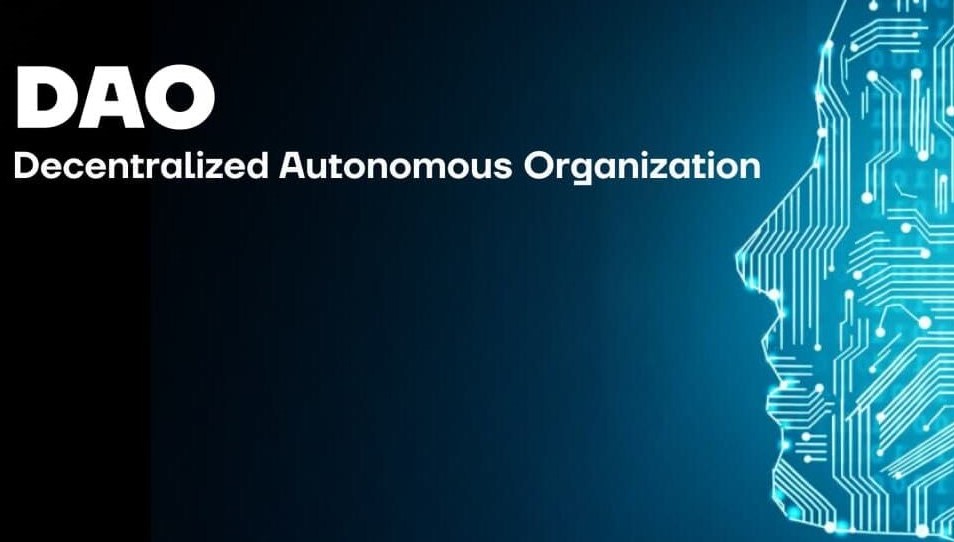


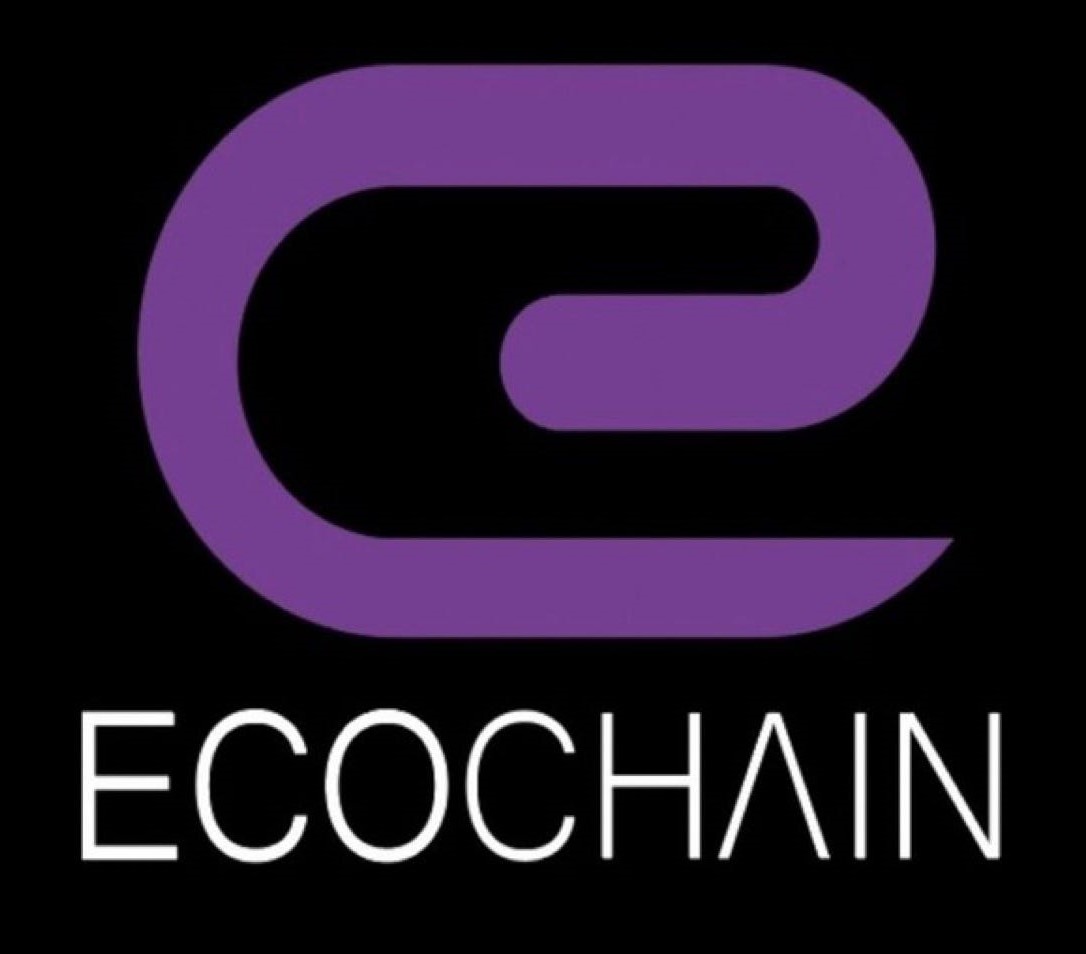


 (1).png)

























